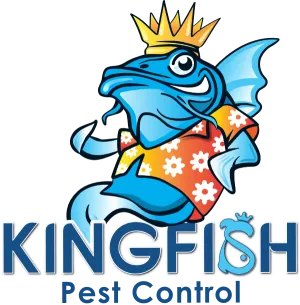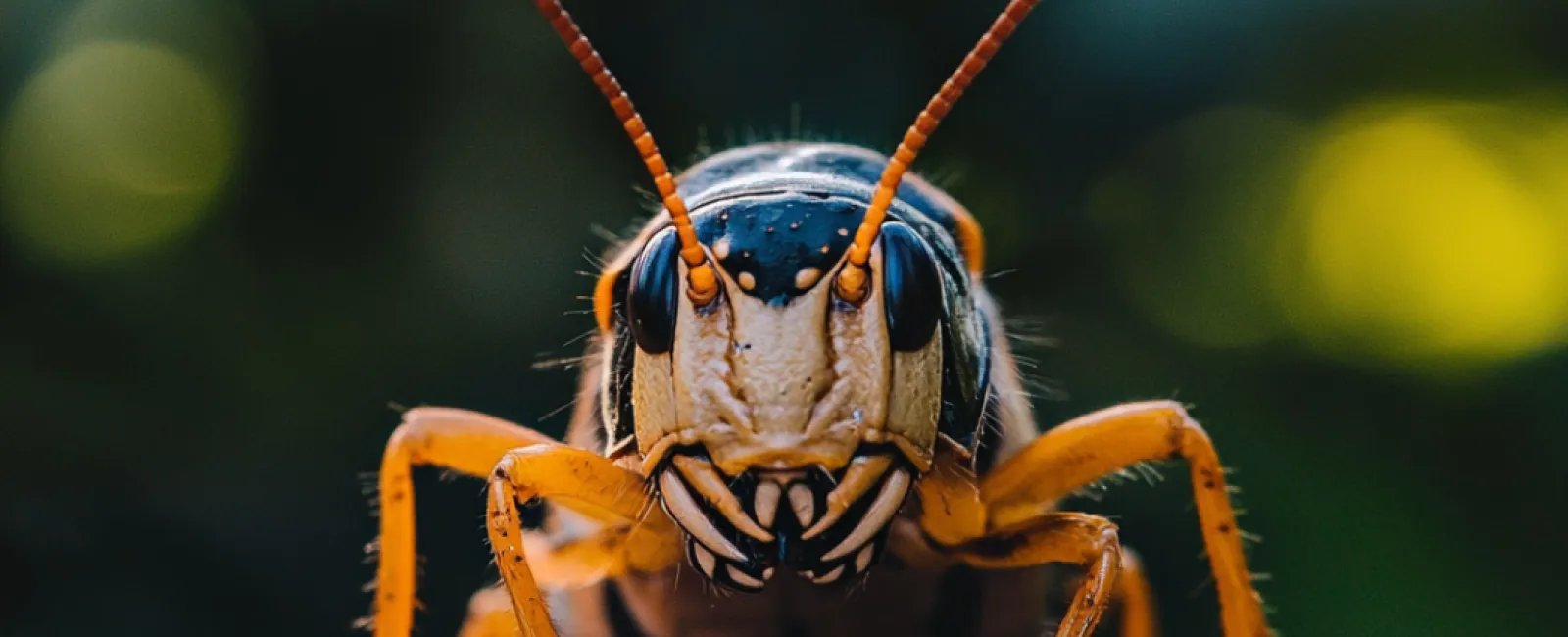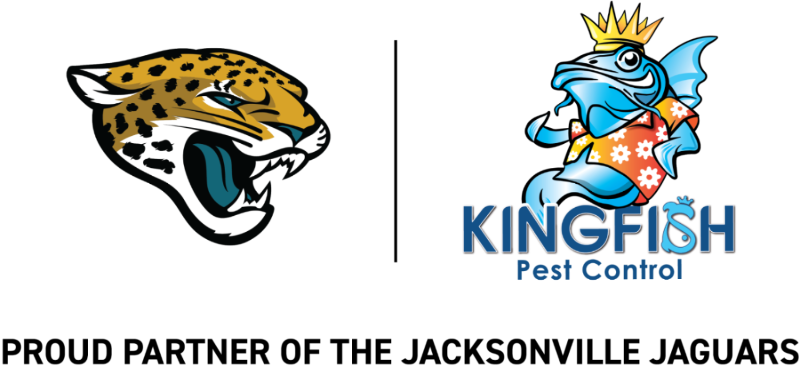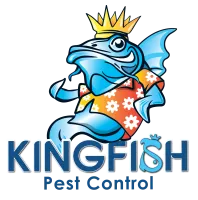New Year, New Pest-Free Beginnings: Master Your Home's Pest Control Plan
Understanding the Need for Year-Long Pest Management
Here's a deeper look at why a continuous pest control plan is essential:
Constant Threat: Pests are active all year, with different species peaking in activity during specific seasons. Without ongoing control measures, your home can quickly become overrun by the latest seasonal invaders.
Seasonal Dynamics: Each season presents unique environmental conditions that can affect pest behavior:
Spring: As temperatures rise, many insects emerge from dormancy. This is a critical time for managing the breeding populations of pests like ants, termites, and flying insects, which can rapidly colonize if left unchecked.
Summer: Warm temperatures and high humidity are ideal conditions for many pests, including mosquitoes, flies, and cockroaches, to thrive. Summer is also the peak season for outdoor pest activities, making frequent checks and barriers necessary.
Fall: Dropping temperatures send rodents and other pests in search of warm shelters, often inside homes. Fall pest control focuses on sealing entry points and reinforcing barriers around the home to prevent entry.
Winter: While colder weather may reduce the activity of some pests, others, like spiders and rodents, may already be settled inside your home if proper preventive steps were not taken in the fall. Winter is a time to control these pests and prepare for the spring emergence.
Proactive vs. Reactive Measures:
Proactive Approach: Year-round pest control involves regular inspections and maintenance to prevent infestations before they start. By addressing potential pest issues with strategic preventive measures, you can avoid the disruption and damage caused by infestations.
Reactive Approach: Waiting until pests become a visible problem often means that the infestation has reached a critical level, which can be more difficult and costly to manage. Reactive measures typically require more aggressive use of chemicals and more extensive repairs to damage, which could have been mitigated with earlier intervention.
Integrated Pest Management (IPM):
Implementing an Integrated Pest Management approach involves multiple strategies to prevent pests in an environmentally sensitive manner. This includes:
Cultural Controls: Changing human behavior, such as improving sanitation, to reduce pest attractions.
Physical Controls: Using physical methods like sealing cracks and installing screens.
Biological Controls: Introducing natural predators or using biological agents to control pest populations.
Chemical Controls: Using pesticides as a last resort, focusing on targeted applications to minimize exposure and resistance.
Education and Habit Formation: Part of a successful year-long pest control plan involves educating all household members about the importance of habits that discourage pests, such as proper food storage, waste management, and regular cleaning schedules.
Key Strategies for Maintaining a Pest-Free Home:
Regular Inspections: Schedule quarterly inspections with Kingfish Pest Control to identify and mitigate potential infestations before they become a larger problem. These inspections focus on both the interior and exterior of your home, adapting strategies based on the season and detected activity.
Customized Treatment Plans: Based on the inspection findings, customized treatment plans are developed that target specific pests that are prevalent during certain times of the year. This may include barrier sprays in summer or rodent-proofing in the fall.
Seal Entry Points: A crucial and simple preventive measure is to seal all potential entry points discovered during inspections. This includes small cracks in the foundation, gaps around windows and doors, and even utility line entries. Doing this can significantly reduce the chances of pests entering your home.
Proper Food Storage and Waste Management: Pests are primarily attracted to homes due to easy access to food. Ensure all food items are stored in sealed containers and that garbage is disposed of promptly and properly.
Education and Awareness: Educate all household members about the importance of pest prevention habits such as not leaving food out, managing indoor moisture, and reporting any signs of pest activity. Awareness is a powerful tool in maintaining a pest-free environment.
Ongoing Communication with Pest Professionals: Maintain an open line of communication with your pest control professionals at Kingfish Pest Control. This ensures that you stay informed about the best practices for pest prevention and are up-to-date with any new or emerging pest threats.
Why Commit to Year-Long Pest Control?
Committing to a year-long pest control plan offers numerous benefits beyond merely preventing the immediate discomfort of infestations. Here's why such a commitment is essential:
Health and Comfort: Regular pest management helps ensure your living environment remains safe and comfortable.
Disease Prevention: Many pests, such as mosquitoes, ticks, and rodents, are carriers of diseases that can be transmitted to humans. Continuous pest control helps reduce the risk of these diseases.
Allergy and Asthma Relief: Pests like cockroaches and dust mites are known to trigger allergies and asthma. A year-long plan helps manage these pests, contributing to better indoor air quality and health.
Protection of Property Value:
Prevent Structural Damage: Termites and carpenter ants can cause significant damage to the structure of a home, potentially leading to costly repairs. Regular inspections and treatments prevent these pests from becoming a destructive force.
Maintain Aesthetic Appeal: Pests like beetles and moths can damage carpets, clothing, and other fabrics, affecting the aesthetic appeal and comfort of your home.
Cost Savings:
Avoid Large-scale Infestations: By catching potential infestations early, you can avoid the exponential costs associated with eliminating large-scale pest problems.
Long-term Savings: Regular maintenance and preventive measures can be more cost-effective than the high expenses of emergency pest control services and repairs after damage has occurred.
Peace of Mind:
Stress Reduction: Knowing that your home is regularly checked and treated for pests can significantly reduce the stress associated with potential infestations.
Predictable Budgeting: With a year-long plan, pest control costs become predictable, which helps in budgeting household expenses without unexpected spikes.
Sustainability:
Eco-friendly Practices: Many year-long pest control programs focus on integrated pest management (IPM) strategies that reduce the reliance on chemical treatments, favoring more natural and environmentally friendly solutions.
Targeted Treatments: Advanced pest control techniques allow for targeted applications that minimize environmental impact while being effective against specific pests.
Educational Benefits:
Knowledge Transfer: Pest control professionals can provide valuable insights into the habits and prevention strategies for various pests, educating homeowners on how to maintain a pest-free environment.
Customized Advice: Year-long engagements allow pest control services to better understand your home's specific challenges and adapt strategies accordingly.
For more details on our comprehensive pest control plans, visit our website at [https://www.kingfishpest.com/ ].
Kingfish Pest Control is a Proud Partner of the Jacksonville Jaguars. Join us in making 2025 a pest-free year!




